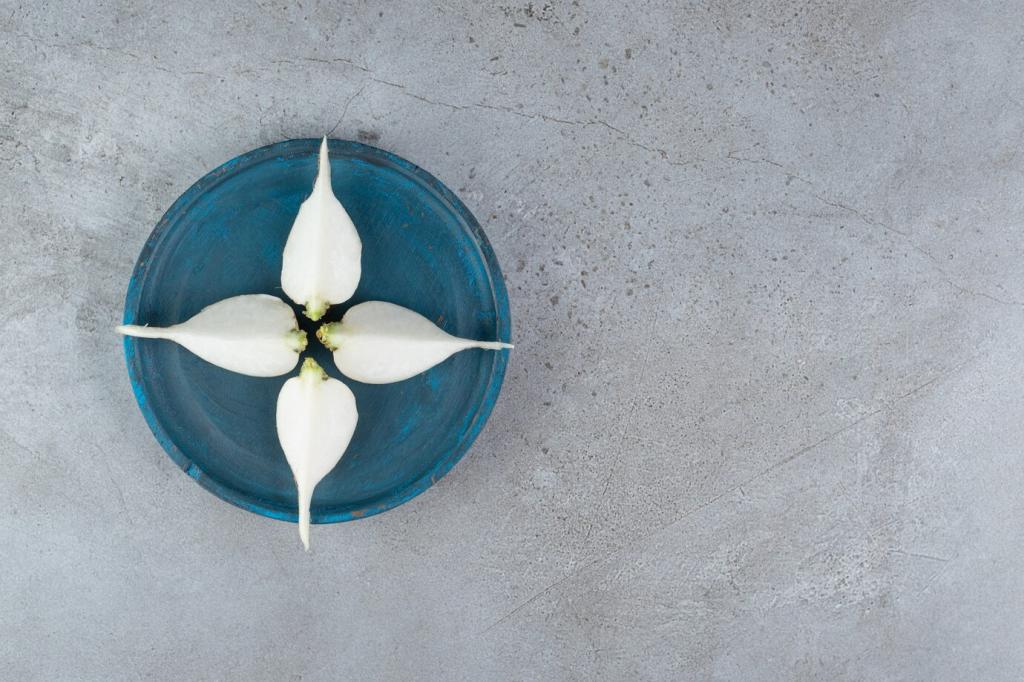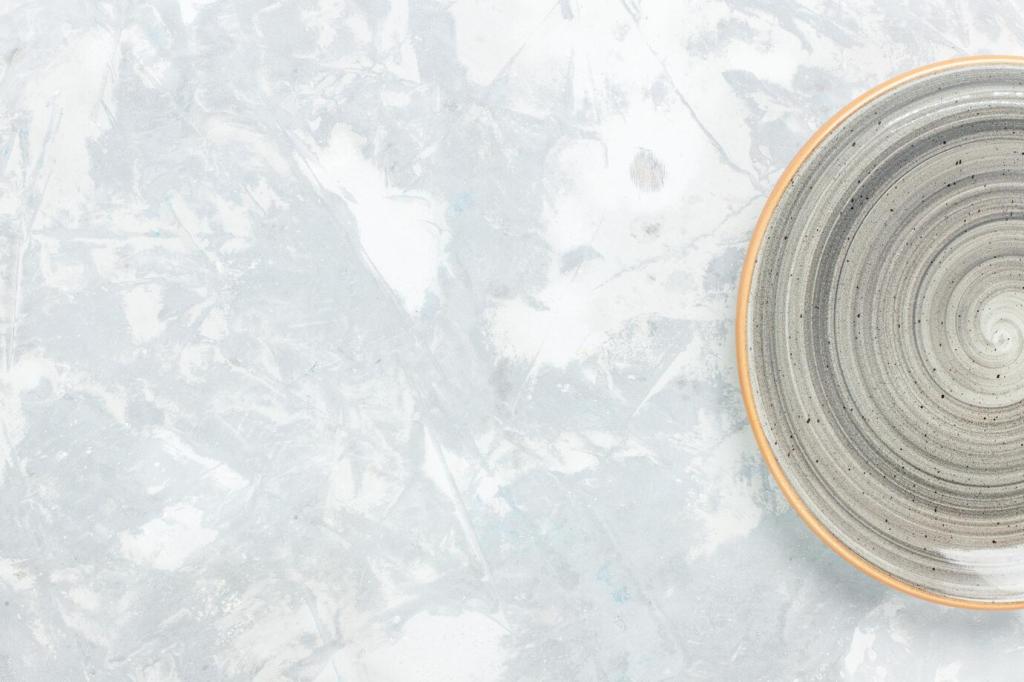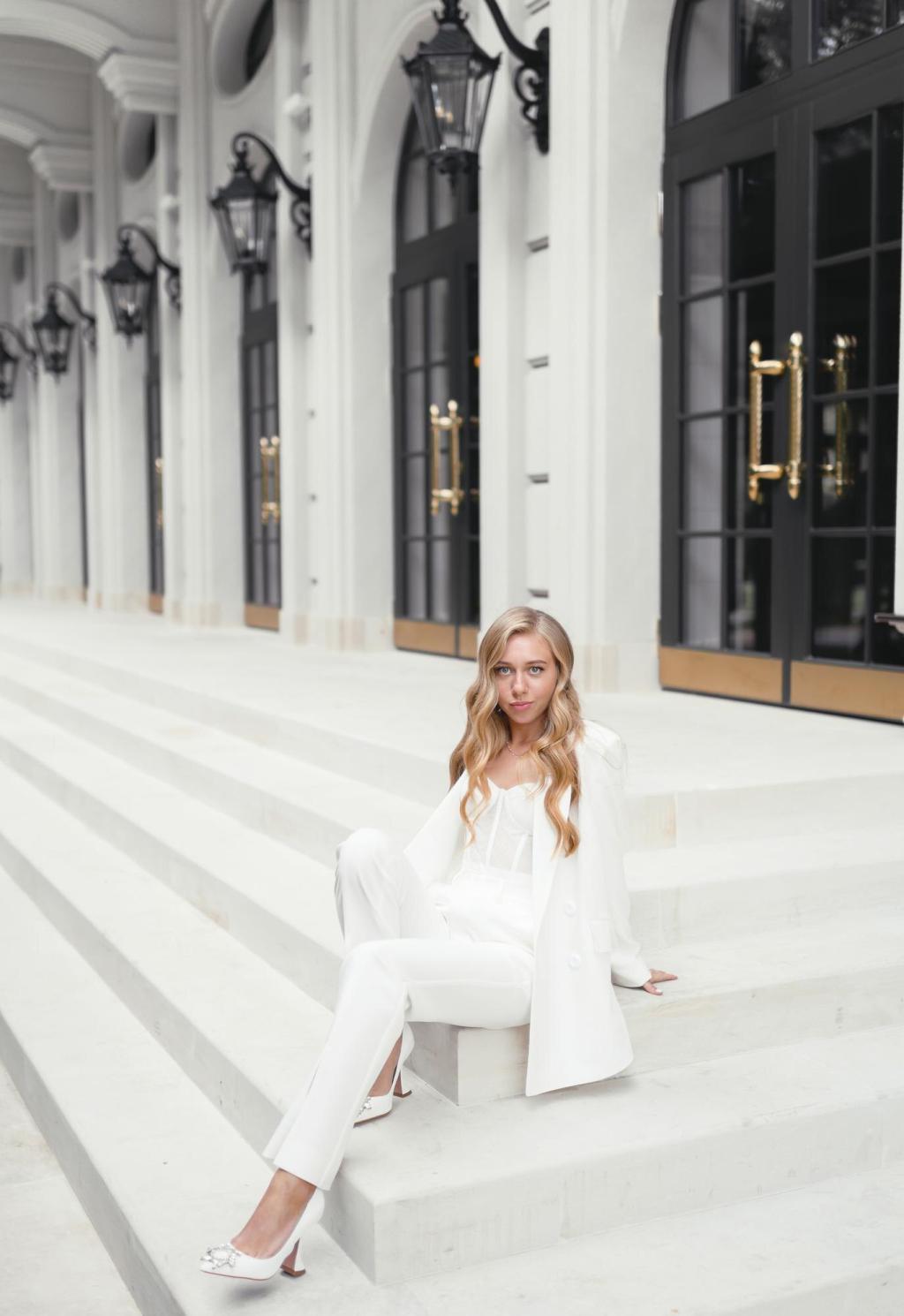Benefits of Minimalist Interior Design for Mental Well-Being
Minimalist interior design has become more than just an aesthetic choice; it is deeply intertwined with how we structure our lives to support psychological health. The simplicity and intentionality that characterizes minimalist spaces can foster a profound sense of tranquility and balance. By limiting distractions, reducing clutter, and focusing on the essentials, minimalist design promotes mental clarity, emotional stability, and day-to-day wellness. This approach transforms our homes into sanctuaries where the mind can find rest, creativity, and energy for personal growth.

Stress Reduction
Visual Calmness
A home designed with minimalist principles encourages visual calmness, where neutral colors and streamlined furnishings dominate. This lack of chaos stops the mind from constantly processing unnecessary details, which can be mentally fatiguing. With fewer visual distractions, the brain can rest and recover, making it easier to unwind after challenging days and maintain lower levels of anxiety. Clean lines, open layouts, and natural lighting all contribute to a soothing atmosphere that gently supports emotional relief.
Clutter-Free Living
Clutter creates a constant, subconscious reminder of unfinished business and tasks. By consciously reducing clutter through minimalist design, individuals remove these psychological triggers from their immediate environment. An organized, airy space sidesteps the overstimulation that comes from too many objects, significantly lowering stress levels. The emotional weight of needing to clean or arrange countless items is lifted, fostering a sense of accomplishment and calm.
Sustainable Habits
Minimalist design often goes hand in hand with sustainable living habits. When your surroundings are free of excess, it becomes easier to differentiate between what is necessary and what is superfluous. This guiding principle not only reduces stress by limiting decision fatigue but also encourages intentional living. As individuals become more selective about what enters their homes, they often discover a reduction in daily stress associated with consumption and accumulation.

Distraction-Free Spaces
The simplicity of minimalist interiors means fewer objects and interruptions vying for your attention. This setup enables a more focused approach to any task, whether professional or personal. Without clutter or unnecessary décor, the mind can settle into single-tasking, which has been proven to increase efficiency and completion rates in daily responsibilities.

Clear Mindset
Physical environments heavily influence our mental state. In minimalist settings, there is a clear correlation between orderly spaces and mental clarity. When your home or workspace is clean and purposeful, your thinking becomes more organized, and problem-solving skills improve. A clear physical space encourages a clear mental space, making it easier to prioritize, plan, and execute without succumbing to overwhelm.

Motivation Booster
The inherent order in minimalist interiors can serve as motivation to maintain consistency in other areas of life. The reduced chaos acts as a visual reminder to stay organized and disciplined. This environment makes it easier to set clear goals and stick to them, boosting accomplishment and self-esteem, both of which are essential to mental well-being.
Previous
Next
Serene Bedrooms
A minimalist bedroom is free from visual and physical clutter, creating a sanctuary meant solely for rest and rejuvenation. The focus on neutral tones, soft textures, and unobtrusive décor reduces mental stimulation, sending strong cues to the body that it is time to unwind and sleep. This environment helps to align your circadian rhythm and promotes deeper, more restorative rest.
Reduced Digital Intrusion
Minimalist design often incorporates rules about what enters the bedroom, including technology. By limiting screens and electronic distractions in sleeping areas, the mind is less likely to be overstimulated before bedtime. This practice can significantly improve sleep quality, reduce insomnia symptoms, and foster healthier long-term habits that benefit emotional and psychological health.
Calming Evening Routines
Minimalist bedrooms can help to cultivate evening routines centered around relaxation. Without clutter or unnecessary noise in the environment, you are encouraged to develop calming rituals such as reading, meditating, or practicing gentle stretches before bed. These routines help prepare the mind and body for sleep, leading to improved overall mental wellness.
Encourages Healthy Relationships
Inviting Social Spaces
Minimalist living rooms and communal areas prioritize open layouts and comfortable, functional furniture. This approach naturally generates an inviting environment where conversation and connection can flourish without the distractions of overcrowded décor. Friends and family can focus on each other rather than feeling overwhelmed by the surroundings, promoting deeper, more genuine bonding.
Conflict Reduction
Clutter and disorganization frequently act as flashpoints for conflict in shared living environments. A minimalist home, with its emphasis on order and intentional placement, removes many of these sources of tension. The clarity and simplicity of the space foster better communication and shared expectations, leading to fewer misunderstandings and a more harmonious atmosphere.
Shared Mindfulness
Spaces designed with minimalist principles encourage inhabitants to practice collective mindfulness and respect. The act of maintaining a clean, harmonious area becomes a shared responsibility, fostering cooperation and teamwork. This collective intentionality supports stronger, healthier relationships grounded in empathy and mutual care.
Boosts Emotional Resilience
01
A minimalist space restores a sense of control over one’s environment. When everything has its place and the unnecessary is removed, you are able to influence your surroundings more directly. This feeling of mastery reduces helplessness and equips you with confidence to address other life challenges, building stronger mental and emotional fortitude.
02
The reduced stimulation in a minimalist interior supports emotional regulation. Without the constant barrage of clutter or excessive décor, there is less opportunity for moods to shift impulsively due to environmental triggers. This sense of balance empowers individuals to maintain calm, even when faced with external difficulties, thus supporting overall emotional health.
03
Minimalist environments are less noisy—physically and mentally—creating opportunities for self-reflection and emotional processing that might otherwise be drowned out by clutter. This quiet time is vital for emotional recovery, understanding personal feelings, and making thoughtful decisions, all of which are at the core of true resilience and ongoing well-being.
Fosters Creativity

Spaciousness for Ideas
Uncluttered areas provide a blank canvas for the mind to wander and experiment. With fewer visual interruptions, creative thoughts emerge naturally, unhindered by competing stimuli. This openness allows inhabitants to explore new perspectives, take creative risks, and innovate in both their personal and professional lives.

Purposeful Inspiration
Minimalist design encourages the thoughtful curation of inspirational objects—such as a single piece of art or a favorite book—rather than overwhelming the senses. This intentional placement allows chosen items to shine, offering focused inspiration that can spark new ideas and foster a deeper connection to creative pursuits.

Freedom from Overwhelm
When a space is orderly and pared down, the mind is free from the overwhelming sense that everything needs to be done at once. This mental freedom creates a nurturing environment in which ideas can be developed, refined, and pursued. In this way, minimalist design nurtures everyday creativity and playful exploration.
